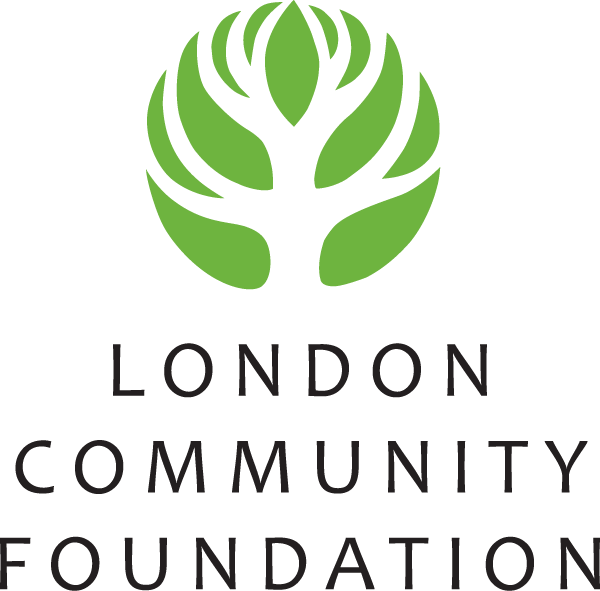Community Vitality Catchup - Cross Cultural Learner Centre
Community Vitality Catchup - Cross Cultural Learner Centre
In 2019, LCF granted the London Cross Cultural Learner Centre (CCLC) a multi-year grant contributing to a project that supported the mental wellness of Yazidi refugees while helping establish peer support. Even with pandemic restrictions that stopped in-person activities for a significant period, the progress made by the participants has been unbelievable.
The goal of this project was to develop, implement and evaluate a tailored and culturally integrated mental health peer support program for Yazidi refugees, especially for girls and young women.
“We want to offer connections, knowledge and supports for young Yazidi refugees to build a sense of empowerment within their new community, and to help in destigmatizing mental health and well-being within refugee populations. Western modalities and health care systems take time to adjust to and given pre-migration experiences, the need for mental health services and supports is a given.” Says Dr. Valerian Marochko, Executive Director at the CCLC.
The peer support aspect of learning about mental wellness is important because part of the resettlement process involves lessening the stigma attached to talking about it, something which is easier to do if you feel the people around you understand the trauma you’ve been through. Birhat and Ahmed are young adults in the Yazidi community.
“They are both survivors of the Yazidi genocide and are the primary providers for their single mothers. Despite their many responsibilities, they both agreed to be volunteer peer support leaders during summer 2021,” Dr. Marochko tells us.
Birhat volunteered to coach the Yazidi peer support soccer team, teaching soccer skills and healthy coping mechanisms to high-risk adolescent participants between the ages of 10-13. Many of these participants identified the soccer program as being the highlight of their week. Ahmed volunteered to run a Yazidi cultural group for participants between the ages of 5-13 with the purpose of re-introducing young people to the traditions of their culture which had been robbed during the genocide.
Dr. Marochko partially attributes the success of the project to having learned that they needed to meet the young people where they were; “Although they were initially reluctant to participate in our online groups, we realized that we had to meet them where they were. The personal connections that were fostered with our participants helped us tailor the programs towards their individual needs.” This was particularly important for young people such as Alicia, a program participant, who’s name has been changed for privacy reasons.
Due to the trauma caused by spending time in captivity, Alicia doesn’t leave her home unless she is going to school or the grocery store. After several individual support sessions with a member of the peer support team, Alicia agreed to attend an evening event at the Rec Room where she said the following to her peer support worker:
“I'm glad that I came. Every night I get scared because I know I will dream about ISIS when I fall asleep. But tonight, I had so much fun that just for once, I was able to forget the fact that I will see them later when I fall asleep.”
The discussion held in the peer support groups were led by the attendees, and included topics such as self-esteem, healthy living and relationships, online safety, and education and careers, leading to great feedback from the participants such as “We learned to love ourselves and never give up.”
Visit the CCLC website for more information about their programmes, and sign up to our mailing list to get news about funding opportunities such as the Community Vitality Grant program.






